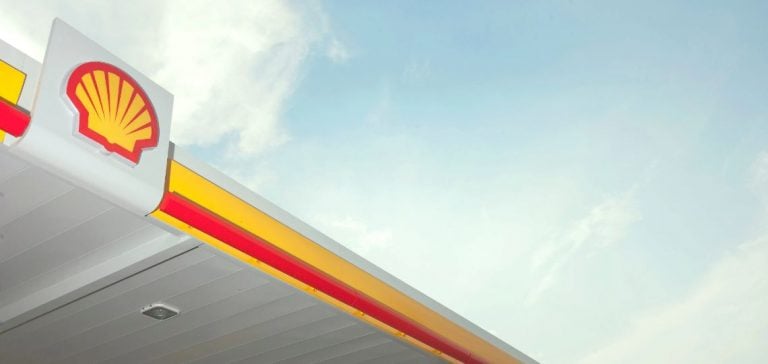Shell and the Maritime and Port Authority (MPA) deployed rapid efforts to contain an oil spill between Bukom and Bukom Kecil islands after a Shell land pipeline leaked in the morning. Although the spill was quickly contained and there was no impact on navigation safety, the cleanup efforts involved the use of containment booms and boats equipped with dispersants. The MPA also used drones and satellites to monitor and locate the oil spill.
Reaction and Containment Methods
The response teams acted promptly to limit the spread of the oil. The use of containment booms helped restrict the affected area, while boats equipped with dispersants assisted in breaking down the oil into fine particles. Drones and satellites played a crucial role in the continuous monitoring of the incident, ensuring precise location of the leak and thus facilitating the cleanup operations.
This incident underscores the importance of safety protocols and advanced technologies in managing oil spills. Shell, operating one of its largest energy and chemical parks in the Bukom region, demonstrated its ability to effectively respond to environmental emergencies. The speed of the response minimized potential damage to the local ecosystem and maintained the safety of maritime activities.
Environmental and Strategic Implications
This type of incident raises significant environmental concerns, especially as Shell operates one of its largest energy and chemical parks in the Bukom region. This site is crucial for its operations in Asia, processing approximately 237,000 barrels of crude oil per day and housing a capacity for producing chemicals such as ethylene. Shell is undergoing a strategic review of its assets, which potentially includes the sale of certain parts of its facilities in the region.
The financial impact of this incident is still uncertain, but the costs of cleanup operations, coupled with the expected increase in the carbon tax in Singapore (rising from 5 SGD per ton today to 25 SGD in 2024-2025, and then up to 80 SGD in 2030), could add to the bill for refiners. This increase could add millions of dollars to the operating costs of refineries in the region, affecting the long-term profitability of facilities like those in Bukom.
Challenges and Energy Transition
Furthermore, the spill highlights the growing challenges associated with operating oil infrastructures in sensitive areas, where environmental incidents can quickly escalate. Shell has already begun discussions to sell part of its assets, indicating that the company is increasingly focusing on the energy transition towards lower-carbon solutions.
This incident highlights the environmental and financial pressures that major oil companies, like Shell, must face in the context of energy transition and stricter regulations. Effective management of spills and strategic asset reviews are essential to ensure the sustainability and compliance of operations in the energy sector.






















